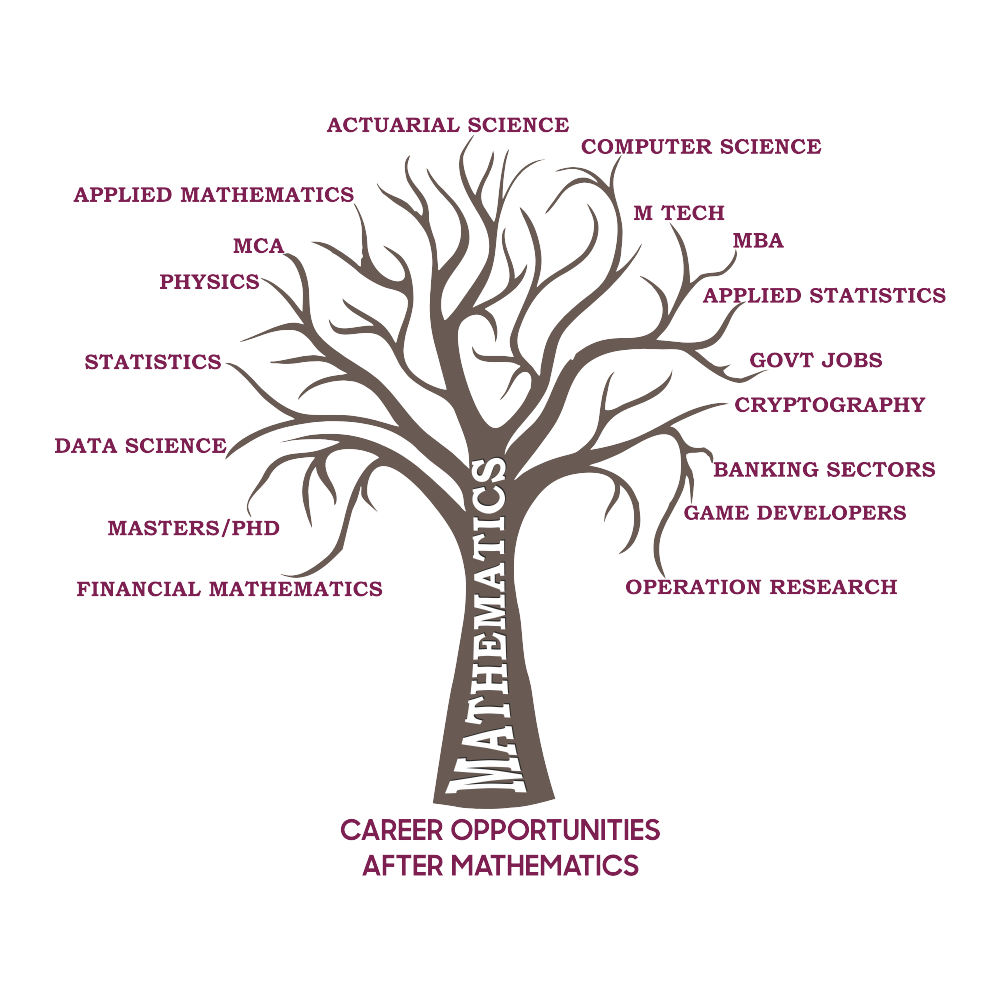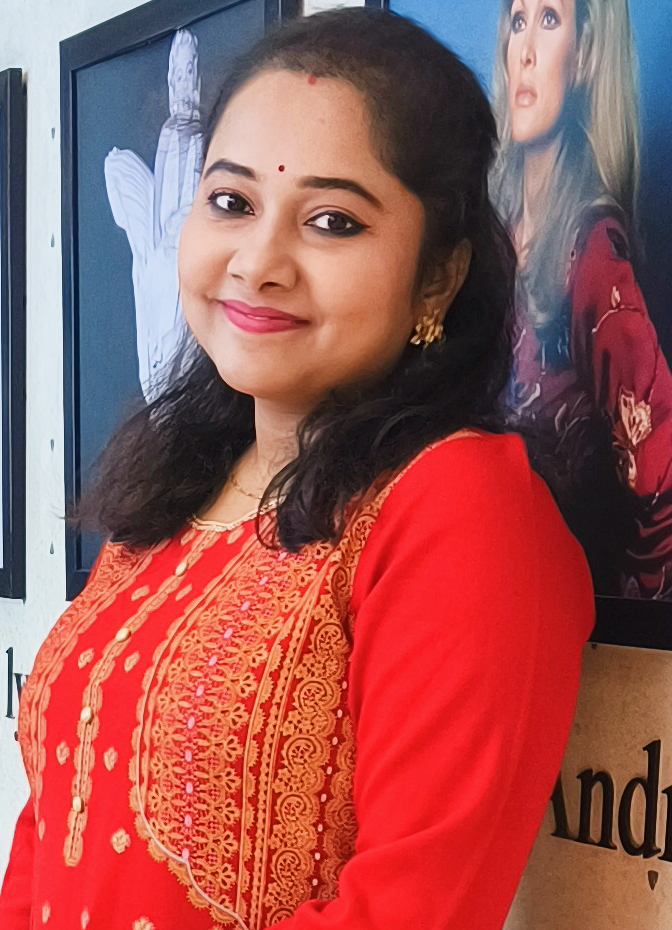1. Complex problem-solving: Graduates should demonstrate the capability to solve various types of problems in both familiar and non-familiar contexts, applying their learning to real-life situations.
2. Critical thinking: Graduates should demonstrate the capability to:
• Apply analytic thought to a body of knowledge, including the analysis and evaluation of policies and practices.
• Evaluate evidence, arguments, claims, beliefs, and assess the reliability and relevance of evidence.
• Identify relevant assumptions or implications.
• Formulate coherent arguments.
• Identify logical flaws and holes in the arguments of others.
• Analyze and synthesize data from a variety of sources and draw valid conclusions, supporting them with evidence and examples.
3. Creativity: The graduates should be able to demonstrate the ability to
• create, perform, or think in different and diverse ways about the same objects or scenarios,
• deal with problems and situations that do not have simple solutions,
• innovate and perform tasks in a better manner,
• view a problem or a situation from multiple perspectives,
• think ‘out of the box’ and generate solutions to complex problems in unfamiliar contexts,
• adopt innovative, imaginative, lateral thinking, interpersonal skills and emotional intelligence.
4. Communication Skills: The graduates should be able to demonstrate the skills that enable them to
• listen carefully, read texts and research papers analytically and present complex information in a clear and concise manner to different groups/audiences,
• express thoughts and ideas effectively in writing and orally and communicate with others using appropriate media,
• confidently share views and express herself/himself,
• construct logical arguments using correct technical language related to a field of learning, work/vocation, or an area of professional practice, and convey ideas, thoughts, and arguments using language that is respectful and sensitive to gender and other minority groups.
5. Analytical reasoning/thinking: The graduates should be able to demonstrate the capability to
• evaluate the reliability and relevance of evidence;
• identify logical flaws in the arguments of others;
• analyse and synthesize data from a variety of sources; draw valid conclusions and support them with evidence and examples, and address opposing viewpoints.
6. Research-related skills: The graduates should be able to demonstrate
• a keen sense of observation, inquiry, and capability for asking relevant/appropriate questions,
• the ability to problematize, synthesize, and articulate issues and design research proposals,
• the ability to define problems, formulate appropriate and relevant research questions, formulate hypotheses, test hypotheses using quantitative and qualitative data, establish hypotheses, make inferences based on the analysis and interpretation of data, and predict cause-and-effect relationships,
• the capacity to develop appropriate methodology and tools for data collection,
• the appropriate use of statistical and other analytical tools and techniques,
• the ability to plan, execute and report the results of an experiment or investigation
• the ability to acquire the understanding of basic research ethics and skills in practising/doing ethics in the field/personal research work, regardless of the funding authority or field of study.
7. Coordination/Collaboration: The graduates should be able to demonstrate the ability to
• work effectively and respectfully with diverse teams,
• facilitate cooperative or coordinated effort on the part of a group,
• act together as a group or a team in the interests of a common cause and work efficiently as a member of a team.
8. Leadership qualities: The graduates should be able to demonstrate the capability for
• mapping out the tasks of a team or an organization and setting direction.
• formulating an inspiring vision and building a team that can help achieve the vision, motivating and inspiring team members to engage with that vision.
• using management skills to guide people to the right destination.
9. Lifelong learning of skills: The graduates should be able to demonstrate the ability to
• acquire new knowledge and skills, including ‘learning how to learn skills, that are necessary for pursuing learning activities throughout life, through selfpaced and self- directed learning aimed at personal development, meeting economic, social, and cultural objectives, and adapting to changing trades and demands of the workplace, including adapting to the changes in work processes in the context of the fourth industrial revolution, through knowl�edge/ skill development/reskilling,
• work independently, identify appropriate resources required for further learning,
• acquire organizational skills and time management to set self-defined goals and targets with timelines.
• inculcate a healthy attitude to be a lifelong learner.
10. Digital and technological skills: The graduates should be able to demonstrate the capability to
• use ICT in a variety of learning and work situations,
• access, evaluate, and use a variety of relevant information sources, and use appropriate software for analysis of data.
11. Multicultural competence and inclusive spirit: The graduates should be able to demonstrate
• the acquisition of knowledge of the values and beliefs of multiple cultures and a global perspective to honour diversity,
• capability to effectively engage in a multicultural group/society and interact respectfully with diverse groups,
• capability to lead a diverse team to accomplish common group tasks and goals.
• gender sensitivity and adopting a gender-neutral approach, as also empathy for the less advantaged and the differently-abled including those with learning disabilities.
12. Value inculcation: The graduates should be able to demonstrate the acquisition of knowledge and attitude that are required to
• embrace and practice constitutional, humanistic, ethical, and moral values in life, including universal human values of truth, righteous conduct, peace, love, non violence, scientific temper, citizenship values,
• practice responsible global citizenship required for responding to contemporary global challenges, enabling learners to become aware of and understand global issues and to become active promoters of more peaceful, tolerant, inclusive, secure, and sustainable societies,
• formulate a position/argument about an ethical issue from multiple perspectives,
• identify ethical issues related to work, and follow ethical practices, including avoiding unethical behaviour such as fabrication, falsification or misrepresentation of data, or committing plagiarism, and adhering to intellectual property rights,
• recognise environmental and sustainability issues, and participate in actions to promote sustainable development.
• adopt an objective, unbiased, and truthful actions in all aspects of work,
• instil integrity and identify ethical issues related to work, and follow ethical practices.
13. Autonomy, responsibility, and accountability: The graduates should be able to demonstrate the ability to
• apply knowledge, understanding, and/or skills with an appropriate degree of independence relevant to the level of the qualification,
• work independently, identify appropriate resources required for a project, and manage a project through to completion,
• exercise responsibility and demonstrate accountability in applying knowledge and/or skills in work and/or learning contexts appropriate for the level of the qualification, including ensuring safety and security at workplaces.
14. Environmental awareness and action: The graduates should be able to demonstrate the acquisition of and ability to apply the knowledge, skills, attitudes, and values required to take appropriate actions for
• mitigating the effects of environmental degradation, climate change, and pollution,
• effective waste management, conservation of biological diversity, management of biological resources and biodiversity, forest and wildlife conservation, and sustainable development and living.
15. Community engagement and service: The graduates should be able to demonstrate the capability to participate in community-engaged services/activities for promoting the well- being of society.
16. Empathy: The graduates should be able to demonstrate the ability to identify with or understand the perspective, experiences, or points of view of another individual or group, and to identify and understand other people’s emotions.





